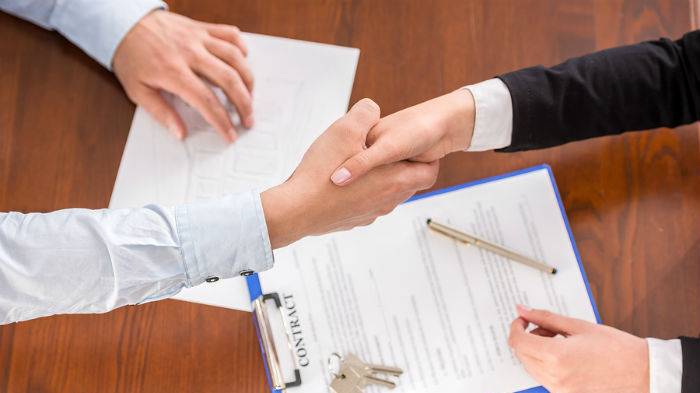Buying a home is a big decision, and it’s important to know what to look for beyond just the interiors. Here are essential house-viewing tips to help you find the right property and avoid future regrets.
Your house viewing checklist
There’s a lot to think about when you view a house and it might be overwhelming. Even more so if you're buying your first house.
But our simple house viewing tips should make the entire process easier.
In a nutshell:
-
Arrive early. Arriving slightly early gives you the opportunity to look at the outside of the house and get a good feel for the neighbourhood. It also gives you the chance to see how far a local shop, park, or school is and whether it’s within walking distance.
-
Look with your nose, as well as your eyes. It’s not just about the cushions, rugs, and throws. You need to pay attention to any potential defects and you should also be able to smell if the home has a damp problem.
-
Ask questions. If you meet the seller, or even if it's an estate agent, you won’t have long with them and it’s important to have an idea of the questions you want to ask before you meet.
-
Take pictures if you can. If you have permission, it’s worth taking well-lit photos or a video of absolutely everything you can. Not just of an entire room or corridor but of small details like fixtures and fittings, window frames, and boilers.
-
Bring a friend or family member. It’s easy to get carried away and miss important things when viewing a house or to get caught up in what you might do to it. Bringing a trusted partner, especially an honest one, could help you with your decision.
-
Go for a second viewing. Buying a house is a major commitment and ideally you don’t want to hand over your savings if you‘ve only seen it once. Try to see the property at different times of the day to get an idea of the neighbourhood. As well as different days of the week - a sunny day could make it look different.
Need a mortgage in principle? These handy documents can help you understand your budget so you can find the right property. Mojo’s Mortgage Experts can provide one and help with all your mortgage questions.
What to ask when viewing a house
You could ask hundreds of house viewing questions but only some might actually be useful when making a decision over whether to buy it or not.
Here are some to write down and take with you.
-
How long has the house been on the market? - If it’s been listed for over 3 months, there may be an issue putting buyers off, or it could simply reflect the local market. Long listings can sometimes give you more room to negotiate, especially if there’s a known problem.
-
Why is the owner selling? - Agents don’t have to tell you, but you may get useful insight. A seller who needs a quick move might accept a lower offer, while issues with neighbours or the property itself could be a red flag.
-
How long has the owner lived here? - Frequent turnover could signal underlying problems. You can also ask if there are any current offers, though the agent may not disclose details.
-
What’s included in the price? - Clarify what stays such as appliances, fittings, garden structures or parking spaces. Some features may be shared or sold separately.
-
Are the sellers in a chain? - Chains can slow the process. If you’re chain-free (like a first-time buyer), use that to strengthen your offer.
-
How much are the household bills ? - Budget beyond the mortgage. Ask about typical running costs, council tax, energy efficiency and any extras like parking permits.
-
Are there local plans that could affect the property? - Future developments, conservation rules or listed status can change what you can do with the home, or the area around it.
What to look for when viewing a house
Viewing a house is all about looking beyond the obvious.
Scrutinise each room and assess things like how long a bathroom can be used in its current condition, and if a window needs replacing in the next few years.
You also want to look at the potential of the house. For example, the current layout may not be practical or offer enough space, but could there be room to add an extension or change the layout with some work. Any improvements you make could also have the benefit of adding value to the house.
The answers to these types of questions might change your overall budget and the amount of time you spend maintaining a property.
Also keep a close eye out for potential defects that could be costly to fix later on, like:
- Old boilers
- Signs of damp
- Loose or missing roof tiles
- Blocked drains or gutters
- Large cracks in walls or ceilings for signs of subsidence
Mortgages can be confusing, especially with rates changing so much. Our broker partner Mojo offers free expert advice to help you on your mortgage journey.







